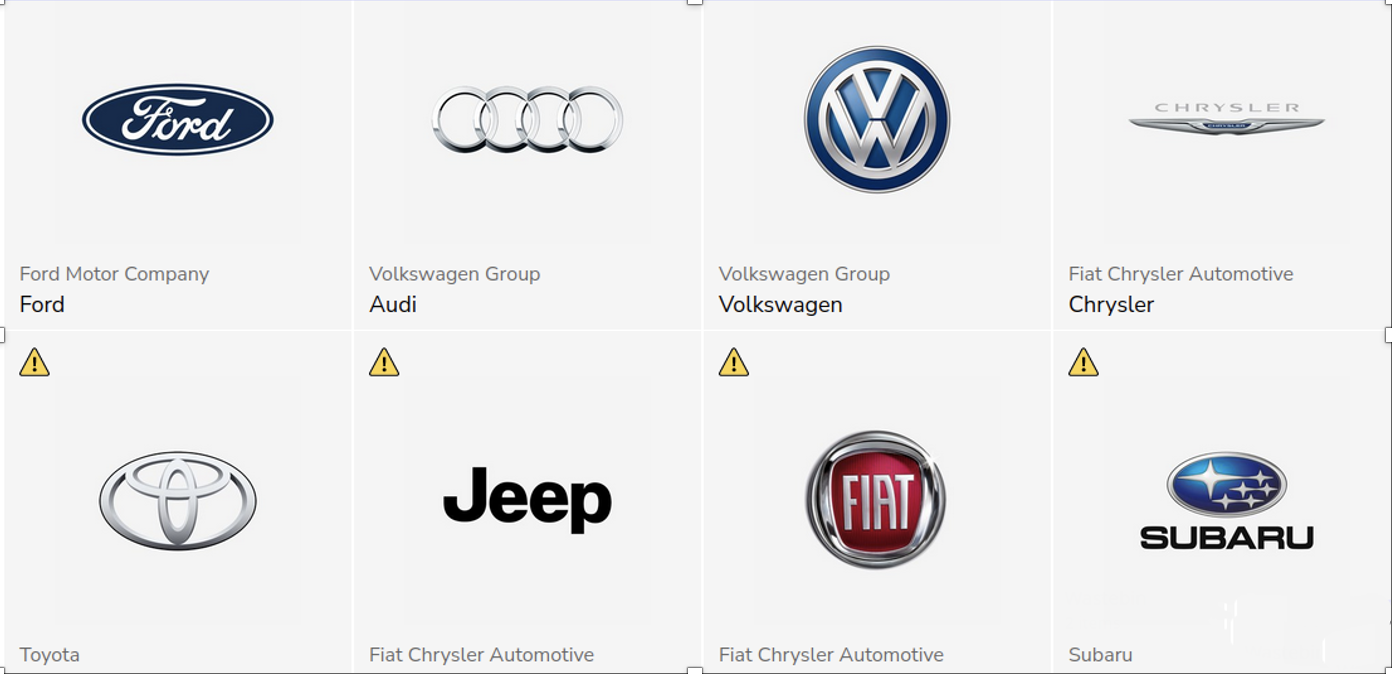Table of Contents
This series is designed to help people to understand modern technology, and become more confident in using computing devices. It is not designed to educate experts.
The author is involved in tutoring older students at SeniorNet, a New Zealand wide organisation. SeniorNet hopes that students will feel more confident in using their computing devices as a result of the learning opportunities offered. This series of articles shares that hope.
You decide to buy a new car, so you start to look at the makes and models to fit your requirements. How many people do you usually move? The maximum number. Spare tyre. What moves it: petrol, diesel, electricity? The boot space. The colour, heated seats…
The list is almost endless and we haven’t looked at the cost of the vehicle, service costs, subscription services, add-ons and more. So you could be forgiven for overlooking the fact that your car is a potential privacy nightmare. Yes, your car could be spying on you, and blabbing all sorts of information to the car maker, or their friends.
Mozilla, the maker of the Firefox browser, one of the more privacy-focused web browsers, has recently run its eye over several car makes to see how they fare in the privacy stakes. They found that popular global brands – including BMW, Ford, Toyota, Tesla, Kia and Subaru – can collect deeply personal data such as sexual activity, immigration status, race, facial expressions, weight, health and genetic information and where you drive. Data are being gathered by sensors, microphones, cameras and the phones and devices that drivers connect to their cars, as well as by car apps, company websites, dealerships and vehicle telematics (self-driving and assisted driving technologies).
None of the brands surveyed met Mozilla’s minimum security standards.
Mozilla has researched and reported on many makes of cars. You can read these reports here, in a page called “Privacy Not Included”. Scroll through the makes to see if your brand is among those reported on. Many of the reports give tips to protect yourself, and these could be handy in providing ways to limit how much data the car makers grab.

Unfortunately the makers of my current brand (Suzuki) are not included, and the reports included are based on those brands most likely to be found on American roads. But by reading two or three reports one can quickly get an idea of the types of data in the grab, and how they may be minimised.
I read the full report on Buick (just because it starts with “B”) and Toyota (the No 1 car brand in the world) to get a sense of what they are doing. In each case, I was not encouraged that the makers were acting in any way to benefit me. It appears they are interested in data that will profit them, either by selling my data to third parties, or by using it to try and hawk more goods and services to me (it’s called advertising). As I already spend an inordinate amount of time and energy in avoiding advertising, some of their activity would hopefully be wasted.
What value is there in knowing this information? I’ve brought the subject up to get prospective buyers to think about this. It’s not something I’ve ever thought about in the context of car buying; but, having read some of the information, I think I would be asking the salesperson some difficult questions. And I suspect said salesperson probably doesn’t have much useful information to impart to me in response. If I get to negotiating for a new car, it could be interesting.
What I Would Ask at New Car Time:
- Will this vehicle operate without a connection to the internet?
- What data are being uploaded?
- Can I opt out?
- Can I have copies of the privacy policy and terms and conditions I am ‘accepting’?
- Am I accepting by not actively opting out?
- If it’s a used car, can I have a factory reset or master reset performed? Remember this when selling the vehicle also.
- Don’t give consent for tailored advertising.
From the information Mozilla has published, you may find ways of minimising the data grab. If you know what they are doing with your data and object, you may find ways of avoiding some of the results (e.g. adverts).
Knowledge is always power, ignorance is not!









